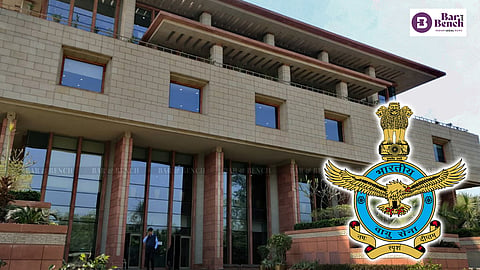The Delhi High Court recently criticised the Central government’s decision to keep 20 posts in the Indian Air Force (IAF) vacant even though competent female candidates cleared the National Defence Academy (NDA) exams [Ms Archana v Union of India & Ors].

